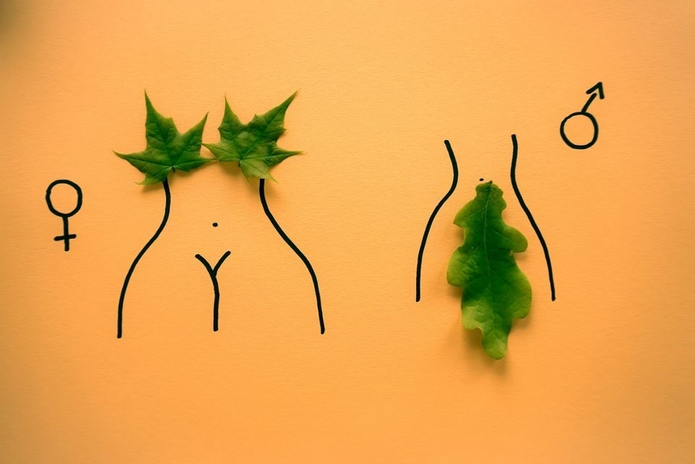It wasn’t until my freshman year of college that I learned the extent to which public education has failed our generation in informing us about our own bodies. The education system in the United States makes it a priority to educate students on the Pythagorean theorem and outdated classical poetry, but neglects to educate children on maintaining their health and knowledge of their own physical bodies. Schools, as well as other social institutions, have a responsibility to shape students with societal behaviors and values, so why not hold these systems accountable for educating students to be sexually responsible and aware?
Instead of thoroughly informing the youth about the risks of unprotected sex and how to practice safe sex, schools push for abstinence as a weak attempt to curb students’ teen pregnancy rates and contribute to the inflated STD/STI rates. This not only inhibits sexual awareness but also fails to address the root of the problem by simply telling students to not indulge in an inevitable act. There is an immediate need for the implementation of thorough sex education courses in all public schools, a course that is inclusive with their teachings and does not induce shame from students. Once we all eliminate the structural taboos of sex, we will grasp the ideal of the normailty behind being sexual beings.
When I mention sex education, I don’t mean a curriculum that is solely centered around the act of sex, but a curriculum that develops in-depth knowledge of our sexual organs, the spectrum of sexuality, sex ettiquite, sexual health, body language, sexual assualt, contraceptive options, consent, and many other aspects that pertain to sexual relations. As well as the overall clarity of our physical bodies. Our perception of sex-related topics tends to be catalysts for many other conflicts within our personal lives, so by providing education and a haven to discuss these matters, these courses will promote clarity in better understanding oneself and others.
Today, we’re facing the many consequences of taking sex education in the classroom seriously. Currently, women in Texas are battling the state government over their bodily autonomy and the right to an abortion that is being taken from them. Planned Parenthood organizations are under attack and facing defunding, preventing women from having complete control over their bodies. Additionally, there is and has been a weighted stigma against individuals with STDs and STIs simply because much of the population is uninformed and ignorant to the reality of these illnesses. In today’s society, our youth, ages 15–24, are the most at risk for STDs. In order to combat the many battles that our generation is facing, we need to better ourselves at having uncomfortable discussions about topics that deeply impact ourselves and the people around us, discussions that are inclusive and unbiased. Exclusivity and prejudice are the top cliches that are inhibiting our society from a healthier and more productive outlook on sex talk and sexual health.


